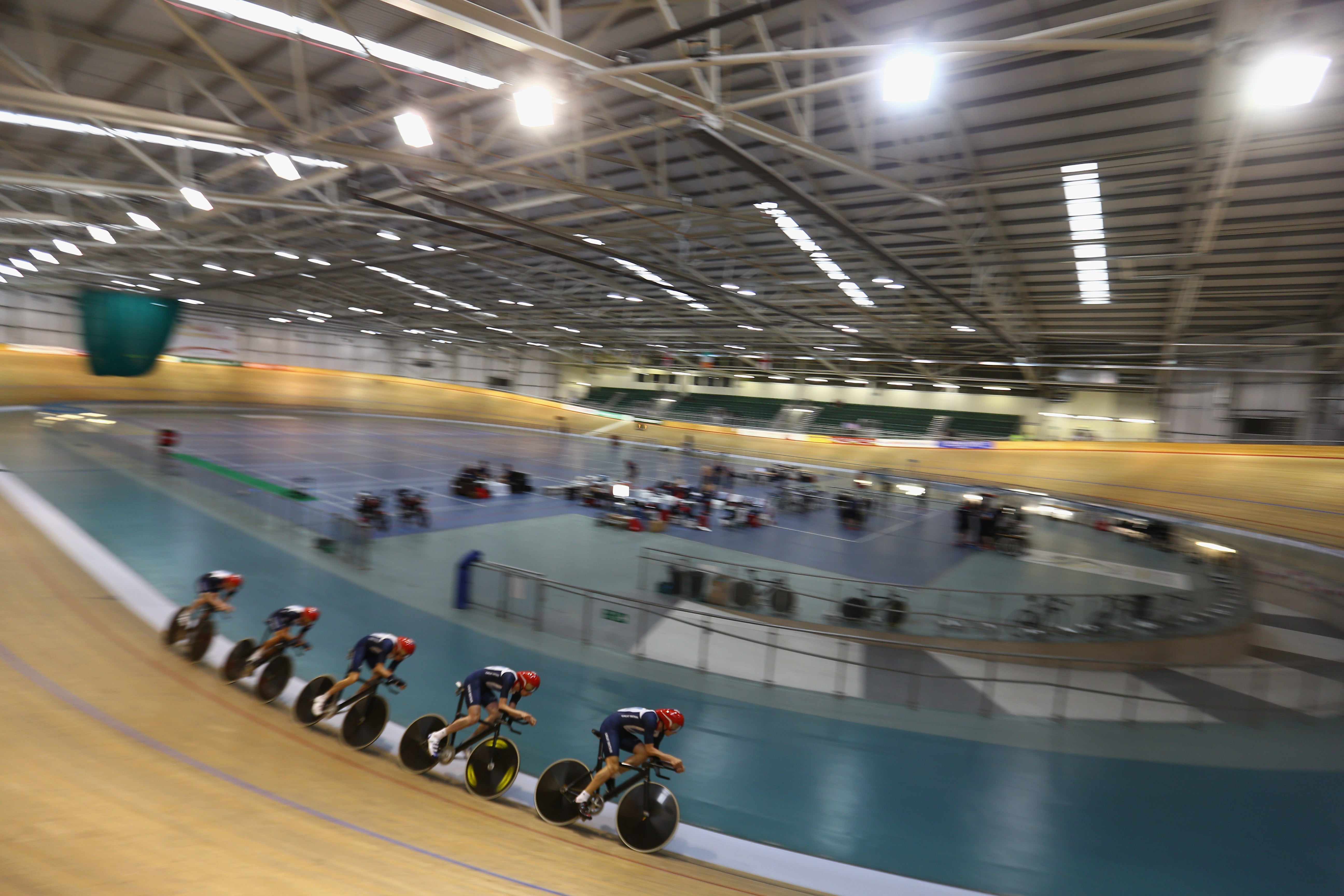UKAD ‘working with WADA’ to investigate claims of a British Cycling private test
British Cycling was allegedly allowed to conduct its own probe after an individual provided a sample with an unusual amount of a banned steroid

Your support helps us to tell the story
From reproductive rights to climate change to Big Tech, The Independent is on the ground when the story is developing. Whether it's investigating the financials of Elon Musk's pro-Trump PAC or producing our latest documentary, 'The A Word', which shines a light on the American women fighting for reproductive rights, we know how important it is to parse out the facts from the messaging.
At such a critical moment in US history, we need reporters on the ground. Your donation allows us to keep sending journalists to speak to both sides of the story.
The Independent is trusted by Americans across the entire political spectrum. And unlike many other quality news outlets, we choose not to lock Americans out of our reporting and analysis with paywalls. We believe quality journalism should be available to everyone, paid for by those who can afford it.
Your support makes all the difference.UK Anti-Doping (UKAD) and British Cycling are both committed to working with the World Anti-Doping Agency (WADA) to look into allegations surrounding the investigation of an abnormal drugs test by a rider in 2010.
It is claimed UKAD, the body responsible for policing clean sport domestically, allowed British Cycling to conduct its own probe the following year after an individual provided a sample with an unusual amount of nandrolone, a banned steroid, in an out-of-competition test.
There are varying degrees of seriousness applied to the levels of nandrolone, which occurs naturally in the body, that appear in tests.
A high reading would constitute a ‘failed’ test and a UKAD sanction, while traces of metabolites could indicate contaminated nutritional supplements or health issues and would require further, lower-key, examination.
Any potential 2010 doping offence would be outside the 10-year statute of limitations for sanctions and the historical nature of the allegations mean beginning a probe now will involve lengthy, in-depth investigation for both organisations.
Read more:
However, it is understood UKAD is hopeful the issue can be resolved with co-operation with WADA.
“We are working with the World Anti-Doping Agency to investigate claims relating to private testing carried out by British Cycling in 2011,” said a spokesman.
“UKAD is examining archives to confirm decisions that were taken in 2011 followed due process set by WADA.”
British Cycling, who it is claimed conducted its own testing privately in a non-WADA laboratory and did not pass on results to UKAD, is reviewing its processes from the time but the departure of key personnel in the intervening time make that challenging.
“We are unable to give full comment on this story at this stage as the events took place over 10 years ago and none of the senior management team involved have worked for British Cycling for some time,” said a British Cycling statement.
“We are reviewing such archived records that exist from this period and, although that is not a straightforward or quick process, we will share the findings with the relevant parties.”
WADA admits the allegations do contain areas of “significant concern”.
“We have asked our independent Intelligence and Investigations Department to look into this matter and to contact UKAD to seek further information,” said a statement. “Some of the information provided to WADA on this is of significant concern.”
PA
Join our commenting forum
Join thought-provoking conversations, follow other Independent readers and see their replies
Comments